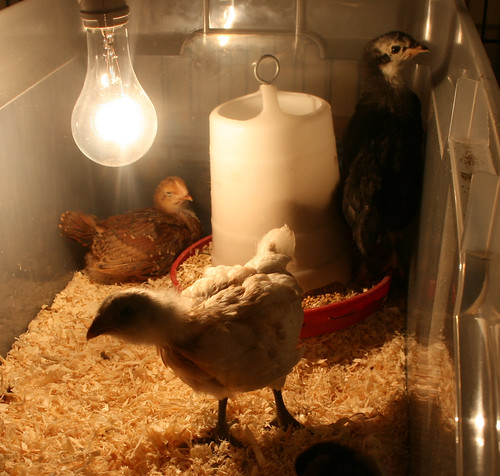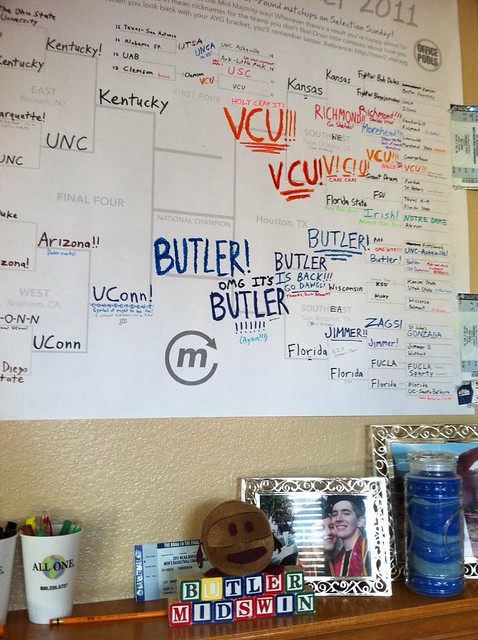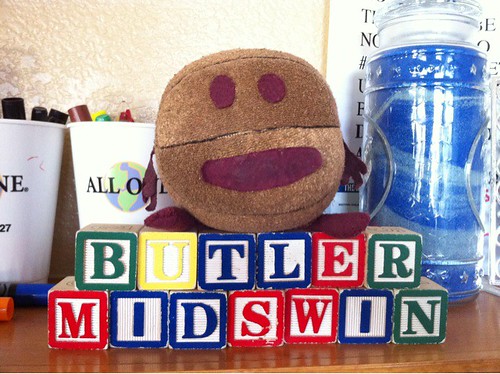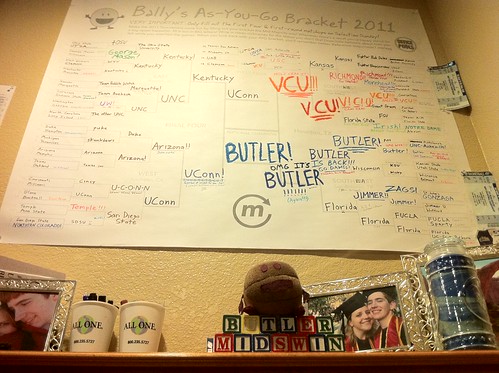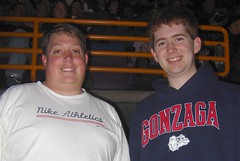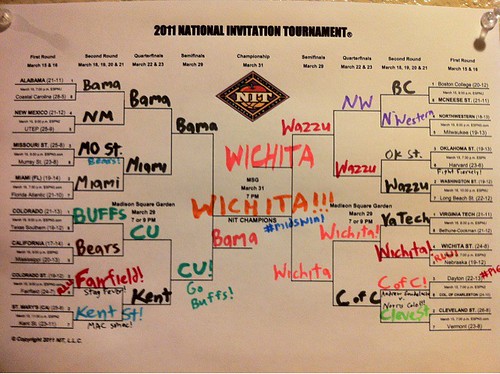Thomas Friedman nails it, or so it seems to me, in his analysis of what Andrew Sullivan calls the Middle East’s 1848 — starting with the line “This is really hard stuff, and it’s just the beginning.”
When an entire region that has been living outside the biggest global trends of free politics and free markets for half a century suddenly, from the bottom up, decides to join history — and each one of these states has a different ethnic, tribal, sectarian and political orientation and a loose coalition of Western and Arab states with mixed motives trying to figure out how to help them — well, folks, you’re going to end up with some very strange-looking policy animals. And Libya is just the first of many hard choices we’re going to face in the “new” Middle East.
How could it not be? In Libya, we have to figure out whether to help rebels we do not know topple a terrible dictator we do not like, while at the same time we turn a blind eye to a monarch whom we do like in Bahrain, who has violently suppressed people we also like — Bahraini democrats — because these people we like have in their ranks people we don’t like: pro-Iranian Shiite hard-liners. All the while in Saudi Arabia, leaders we like are telling us we never should have let go of the leader who was so disliked by his own people — Hosni Mubarak — and, while we would like to tell the Saudi leaders to take a hike on this subject, we can’t because they have so much oil and money that we like. And this is a lot like our dilemma in Syria where a regime we don’t like — and which probably killed the prime minister of Lebanon whom it disliked — could be toppled by people who say what we like, but we’re not sure they all really believe what we like because among them could be Sunni fundamentalists, who, if they seize power, could suppress all those minorities in Syria whom they don’t like.
Foreign policy is so, so complicated. I’ve increasingly come to believe that those, both Left and Right, who believe it can be fit into a straightforward ideological box are, basically without exception, fools. Or rather, I should say, they’re being foolish in that particular regard. They may not be fools on other topics. There are lots of smart, very smart, neo-cons and paleo-cons and isolationists and noninterventionists and various other -ives and -ists. But the pragmatists, the situationalists, are fundamentally correct, maddening though that is to folks who are naturally predisposed to be idealists like, yes, myself (grand theories of #PANIC!!! and doom notwithstanding). Of course, the pragmatists and situationalists can and do get their pragmatic, situational, case-by-case judgments wrong in certain particular cases — it’s always much easier to know that in hindsight, but sometimes it might also be true with foresight — but their basic approach (that nuance and details matter) is correct, and the ideologues’ basic approach (that they don’t) is wrong.
This stuff is hard. The fact that Obama seems to be struggling with the complexity of it, rather than taking a pre-determined ideological approach and “not blinking” or wavering or otherwise risking America’s “prestige” (hi Newt) in the pursuit of sound policy, is a feature, not a bug.
Obama hasn’t handled this perfectly, but that’s impossible. Meanwhile, I believe there is a directly inverse relationship between “seeming confident” and “having a f***ing idea what you’re doing” in this sort of situation — those who seem confident don’t know what they don’t know; those who don’t seem confident may actually have a clue — and I prefer someone in the latter camp than the former, thank you very much.
Friedman again:
Welcome to the Middle East of 2011! You want the truth about it? You can’t handle the truth. The truth is that it’s a dangerous, violent, hope-filled and potentially hugely positive or explosive mess — fraught with moral and political ambiguities. We have to build democracy in the Middle East we’ve got, not the one we want — and this is the one we’ve got.
That’s why I am proud of my president, really worried about him, and just praying that he’s lucky.
Me too.

